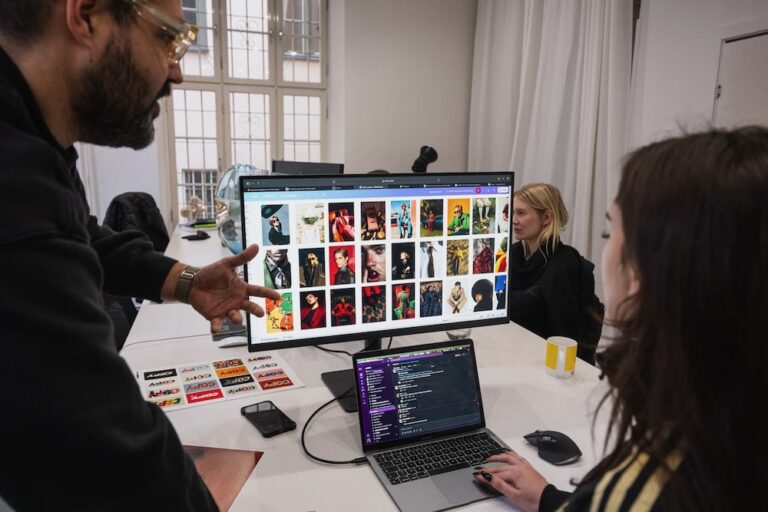As we mark another International Day to End Impunity for Crimes Against Journalists, IFEX salutes some of the many ways people are working to make it safer for journalists to do their work.
1. Closing the “accountability gap”
In 2019 UN expert Agnes Callamard released a groundbreaking report on the killing of journalist Jamal Khashoggi with powerful recommendations for closing the “accountability gap” at the international level. When justice proves elusive at the national level, in countries from The Gambia to Colombia rights groups are achieving success through regional and sub-regional courts.
2. Using the Magnitsky Act
A number of countries have enacted ‘Magnitsky-style’ legislation, enabling them to identify individuals directly or indirectly responsible for gross human rights violations, including attacks against journalists, and issue targeted sanctions in response.
3. Creating an Editors for Safety network
Immediate and sustained media coverage can help ensure that attacks against journalists are not ignored. Pakistan’s Editors for Safety network is an impressive recent example of a commitment made by media houses to coordinate coverage.
4. Building understanding between law enforcement and journalists
Reporting during moments of tension or crisis can be highly dangerous. In countries like Nigeria and Paraguay, groups are offering training and facilitating dialogue between law enforcement and media, to reduce the risk of violent incidents during protests.
5. Making sure local voices are heard at the UN
The UN system can help local activists highlight cases of crimes against journalists in their countries and build support from other member states. Groups are successfully using the Human Rights Council, Universal Periodic Reviews and Treaty Bodies to this end.
6. Using, not abusing, the power of legislation
Groups are campaigning for national laws that establish safety mechanisms, special prosecutors, source protections and other measures, while opposing laws that actually target journalists in the name of countering defamation, terrorism, cyber-crime and hate speech.
7. Contributing to strong networks for citizen journalists
Freelance and citizen journalists often lack the institutional protections and safety equipment afforded to accredited journalists backed by major media houses. Initiatives like the Frontline Freelance Register are building a sense of community and promoting safety and professional standards.
8. Making a Global Pledge to Defend Media Freedom
The UK and Canadian governments launched a global ‘Defend Media Freedom’ campaign, which led to the formation of a coalition of states dedicated to standing up for media freedom and responding collectively whenever journalists are threatened or attacked. A High Level Panel of Legal Experts was also established, to provide legal support and advice to states for the improvement of media freedom and to address abuses when they occur.
9. Addressing gendered violence
As part of the work under the UN Plan of Action related to the safety of women journalists, in June 2019 the #JournalistsToo conference brought together over 200 state representatives, journalists, and legal professionals to look into the impact of online harassment of women journalists and explore practical and legal measures to effectively address the issue.
10. Keeping the light on
Impunity thrives in darkness. Individuals around the world help monitor and call out crimes, sign petitions, write letters, and share information and solidarity, sometimes at personal risk. In Malta, a vigil to the murdered journalist Daphne Caruana Galizia is serving as a powerful reminder to the government that her attackers remain unpunished. Despite several efforts to tear down or obstruct the vigil, demonstrators continue to rebuild it as a sign of defiance and determination.
Visit ifex.org/campaigns/no-impunity/ to find many more examples of how people around the world are making it safer to be a journalist, and how you can get involved.
Together we can end impunity for crimes against journalists… and free expression.



